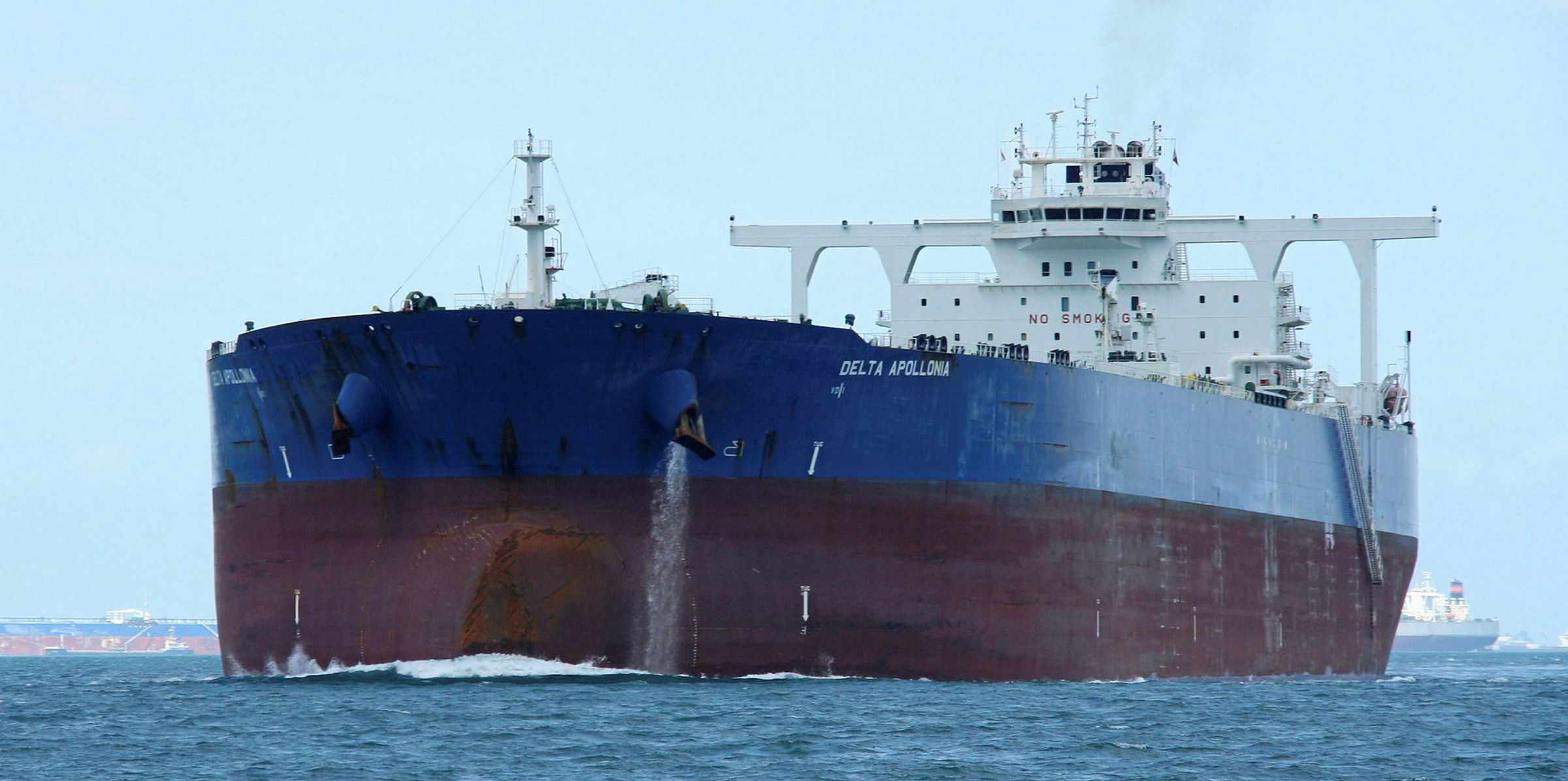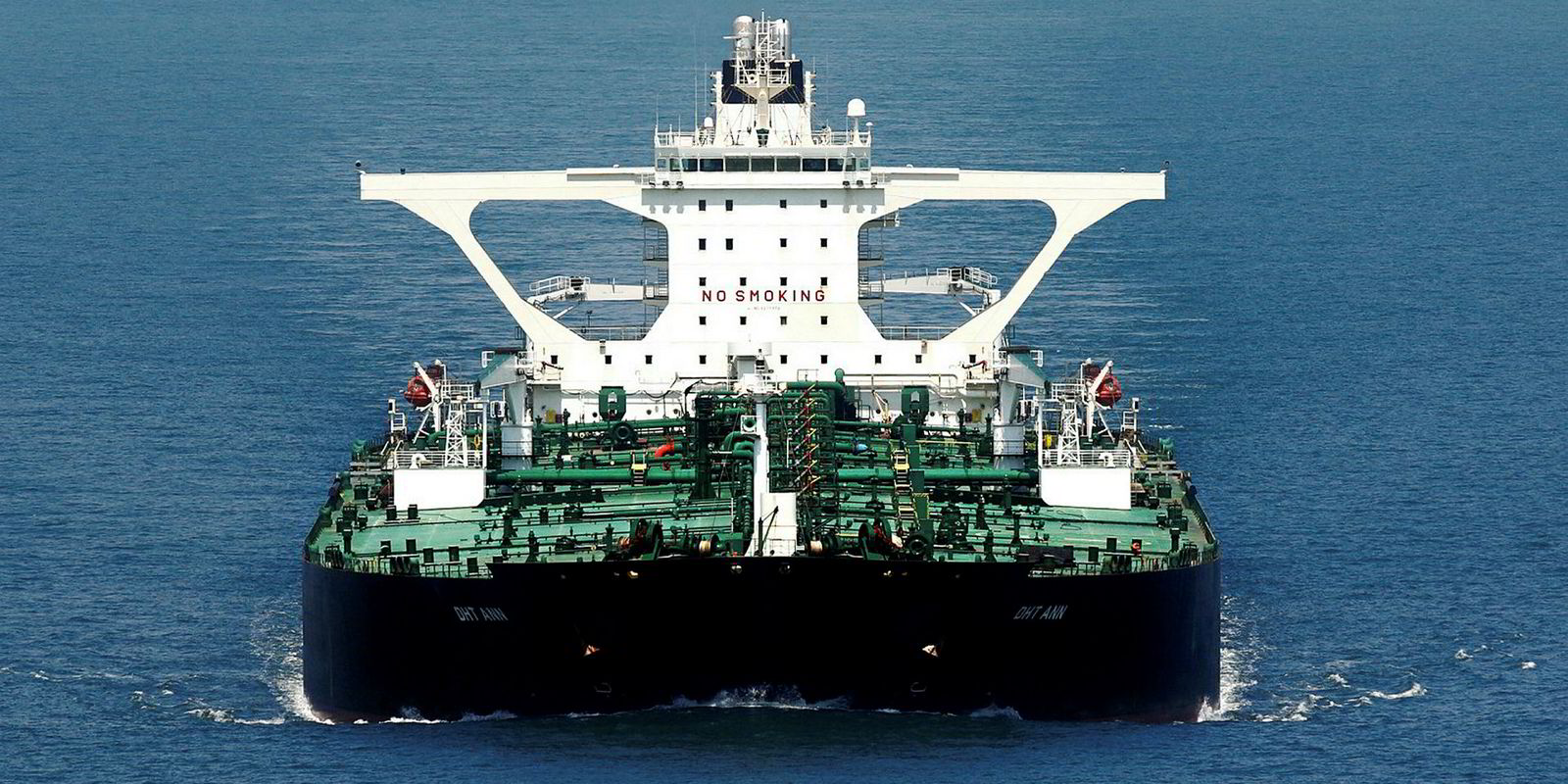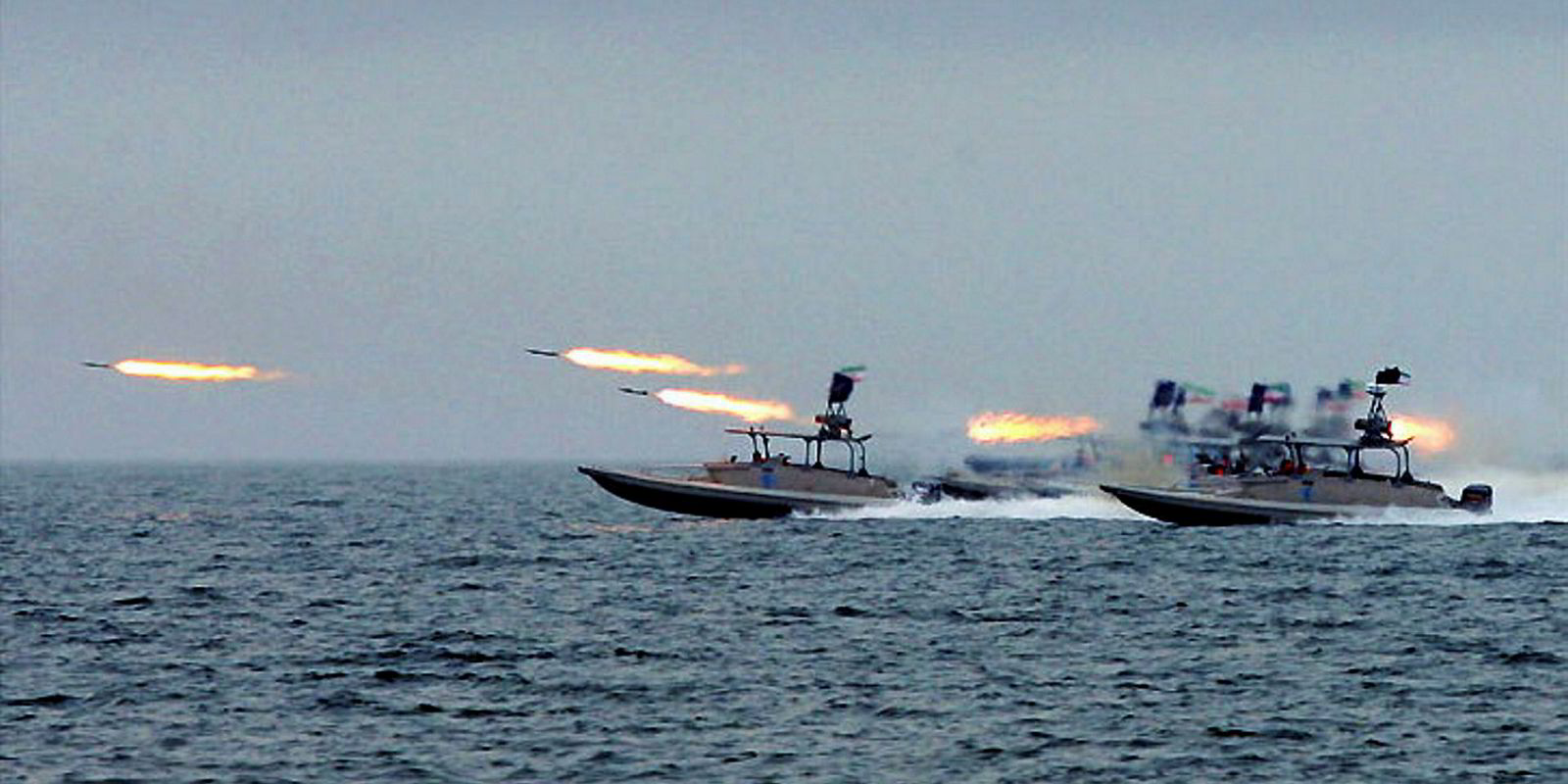VLCC markets are set to ride out a bearish spring in the coming weeks, with the US’ withdrawal of sanctions waivers on the Iranian oil and shipping sectors set to trigger demand for non-Iranian tonnage, according to market players.
Since China, India, Japan and five other countries were granted six-month waivers last November, they have been receiving nearly all of their Iranian crude supplies via vessels belonging to the state-linked National Iranian Tanker Co (NITC).
But as the US has now decided to end sanctions waivers after May, the eight Iranian crude buyers, with the possible exception of China, are now widely expected to seek tonnage in international tanker markets to transport replacement supplies from elsewhere.

“Iranian barrels [have] only been going on Iranian vessels, so these barrels need to be sourced in international commercial markets, which they were not previously,” Euronav head of investor relations Brian Gallagher told TradeWinds.
“Hence it’s a net benefit to tanker markets. ... It will be a positive for the large tanker market especially.”
“Impact should be fairly [quickly felt] into May and June in our view, as buyers like South Korea will source from elsewhere.”
Having dropped below $8,000 per day in early April, VLCC earnings on the benchmark Middle East to China route have largely been above $10,000 per day in the past two weeks,m according to the Baltic Exchange.
Bloomberg data shows Iran’s crude and condensate exports amounted to 1.69 million barrels per day (bpd) in March, the highest monthly figures since the sanctions came into force last November.
Drop in oil purchases
In view of the expiring waivers, however, Iran’s oil customers have been reducing their purchases recently. During the first two weeks of April, Iranian oil exports dropped to 1.14 million bpd, of which more than half is destined for China or India.
While some analysts expected Saudi Arabia and the United Arab Emirates to fill much of the supply gap left by Iran, others say the US might offer large quantities of replacement cargoes.
This is despite US grades tending to be lighter and sweeter than Iranian crude.
“Geopolitics rule the markets more than ever before,” Bimco chief shipping analyst Peter Sand said. “Knowledge beyond crude oil specifications must be applied here to understand the spectrum of the outcome.”
With Asia’s refinery maintenance season still ongoing and Opec's supply cut effective until the end of June, some market participants talked down the potential for a market recovery.
Saudi Arabia is willing to increase production to [fill] the void created by Iran, but the [timing of] any decision will be gradual and reactive to [oil] market demand
Rajesh Verma, lead tanker analyst at Drewry
Braemar ACM has forecast refineries could drawdown their crude stocks before seeking replacement cargoes, with backwardation in the oil market structure and sufficient inventories in China and some member nations of the OECD.
“Saudi Arabia is willing to increase production to [fill] the void created by Iran, but the [timing of] any decision will be gradual and reactive to [oil] market demand,” Drewry lead tanker analyst Rajesh Verma said.
More Iranian floating storage
During the previous round of sanctions between 2012 and 2015, a large portion of the NITC fleet was turned into floating storage as overseas buyers of Iranian crude were hard to find.
Data from Alphatanker suggested only three VLCCs were storing Iranian crude as of the end of April, with NITC still able to use its fleet to transport crude to buyers.
However, as the US is aiming to minimise Iran’s crude exports after May, many analysts have predicted more of NITC’s tankers will enter floating storage.
Alphatanker said it is also possible that NITC will simply lay up its vessels.
Previously, many third-party players who bought Iranian crude were forced to use floating storage as they could not find buyers. They may stay on the sidelines this time, according to Alphatanker, after reportedly suffering heavy losses in the earlier deals.







